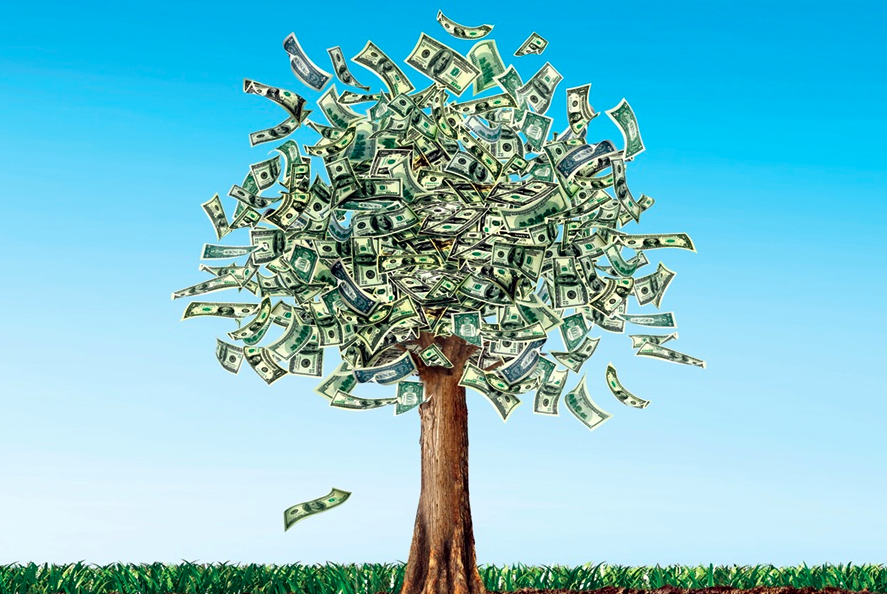Despite
steady growth in assets and net flows into environmental, social and governance investing, many advisers
still believe ESG funds underperform traditional products.
But objective evidence shows differently, according to Jon Hale, head of sustainability research at
Morningstar Research Services. There's actually mounting data and academic research suggesting the opposite.
"ESG funds consistently do just as well, if not sometimes a little bit better, depending on the timeframe, than conventional funds," Mr. Hale said on
a recent InvestmentNews webcast. "There is a view towards the future that companies over the long run that address the sustainability challenges they face today are going to be the quality companies of tomorrow. The companies that can develop and maintain a competitive advantage and be successful investments over time."
Even as asset managers offer conventional market-based index funds with zero expense ratios, the
cost of passive ESG funds is also rapidly dropping. There are ESG options on the market now that are both pretty cheap and perform right in line with other index funds, Mr. Hale said.
Heather Townsend, a financial planner and founder of
Townsend Financial, said adviser due diligence on ESG funds has to go beyond cost analysis. Fund managers take different approaches to screening for ESG, and a higher expense ratio could mean a more active role to make sure requirements are met.
(
More:
How advisers can engage clients to see if they value ESG)
"Some of my clients are fine paying that expense ratio because they want to take [ESG investing] to that other level," Ms. Townsend said.
She said ESG investing is an opportunity for advisers to build and deepen relationships with clients. Her clients, who are primarily in their 20s, 30s and 40s, are very concerned about the world they are leaving for their kids and want to be sure their wealth is helping to create a better place.
"They like to be educated; they like to know about these options," Ms. Townsend said.
Anthony Eames,
Calvert Research and Management vice president and director of responsible investment strategy, said there is still a gap in advisers meeting this demand. According to a Calvert survey,73% of advisers said clients are requesting access to ESG, but only 17% of advisers said it's important to their practice.
Part of the problem is that many advisers began careers when data around ESG was very limited. Asset managers only had screens that would eliminate entire companies or industries, making ESG more of a "blunt instrument" and that resulted in underperformance and limited diversification.
Companies today are much more transparent about the data they provide, making it possible to provide more sophisticated ESG strategies, Mr. Eames said. Calvert isolates ESG factors that are material to the company based on their industry. For example, environmental issues are more impactful to industrial machinery companies than for consumer finance or software makers.
(More: Giving advisers ESG insight so they can grow)
"By introducing this matrix of identifying the most financially material areas, and then finding the data sources that do the best job of evaluating … how these companies are performing, really has a tremendous impact on the overall financial performance of the portfolio," Mr. Eames said.
With increasing sophistication and decreasing cost of ESG investment products, advisers have an opportunity to reach millennial investors, many of whom reject the notion that ESG should mean sacrificing performance.
"Investors today want to do good things with their money," Mr. Eames said.
Advisers can meet that need with well-diversified and cost-effective ESG strategies today, more easily than ever before, he said.
Watch the full
InvestmentNews webcast
online here.







